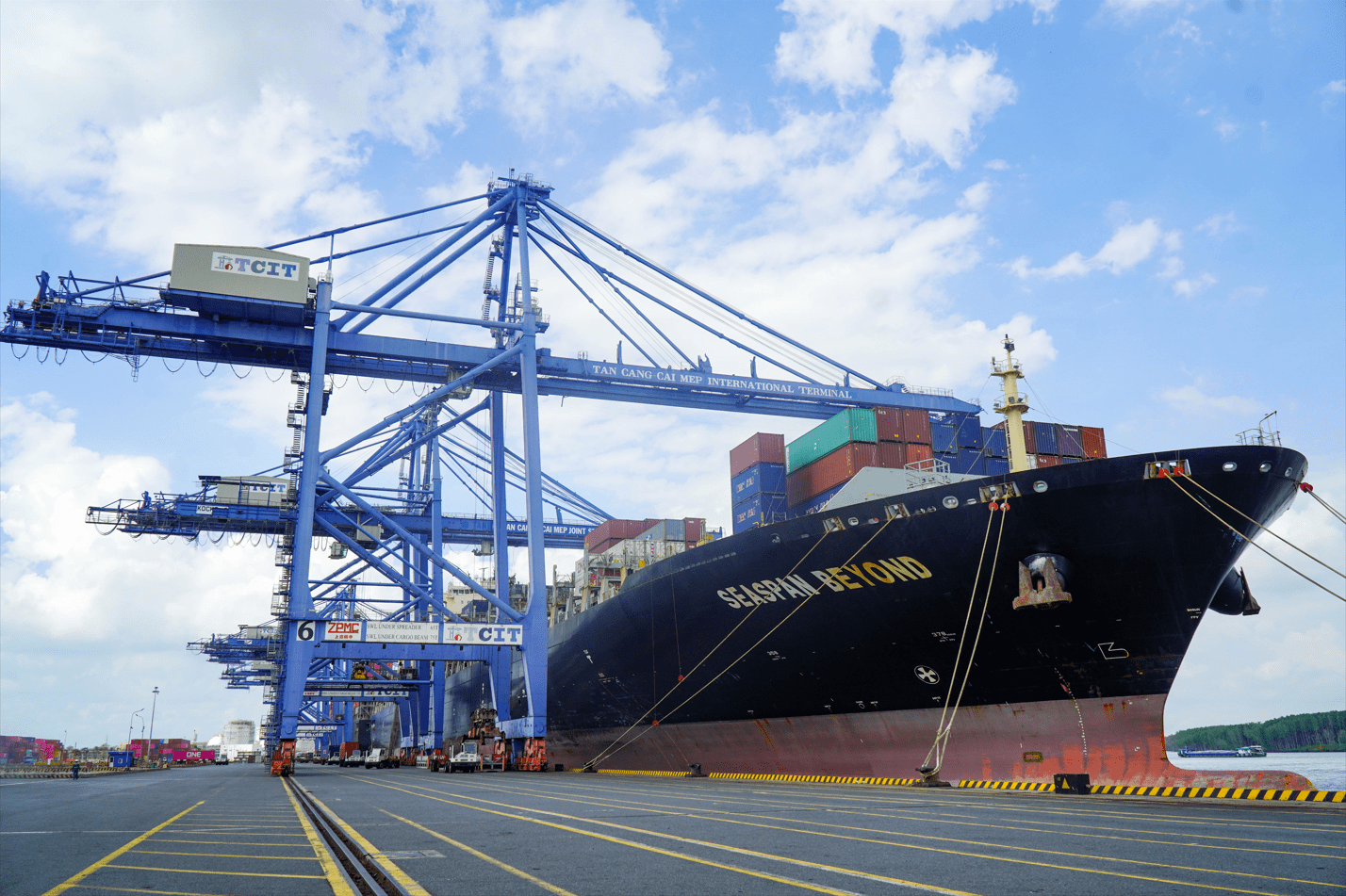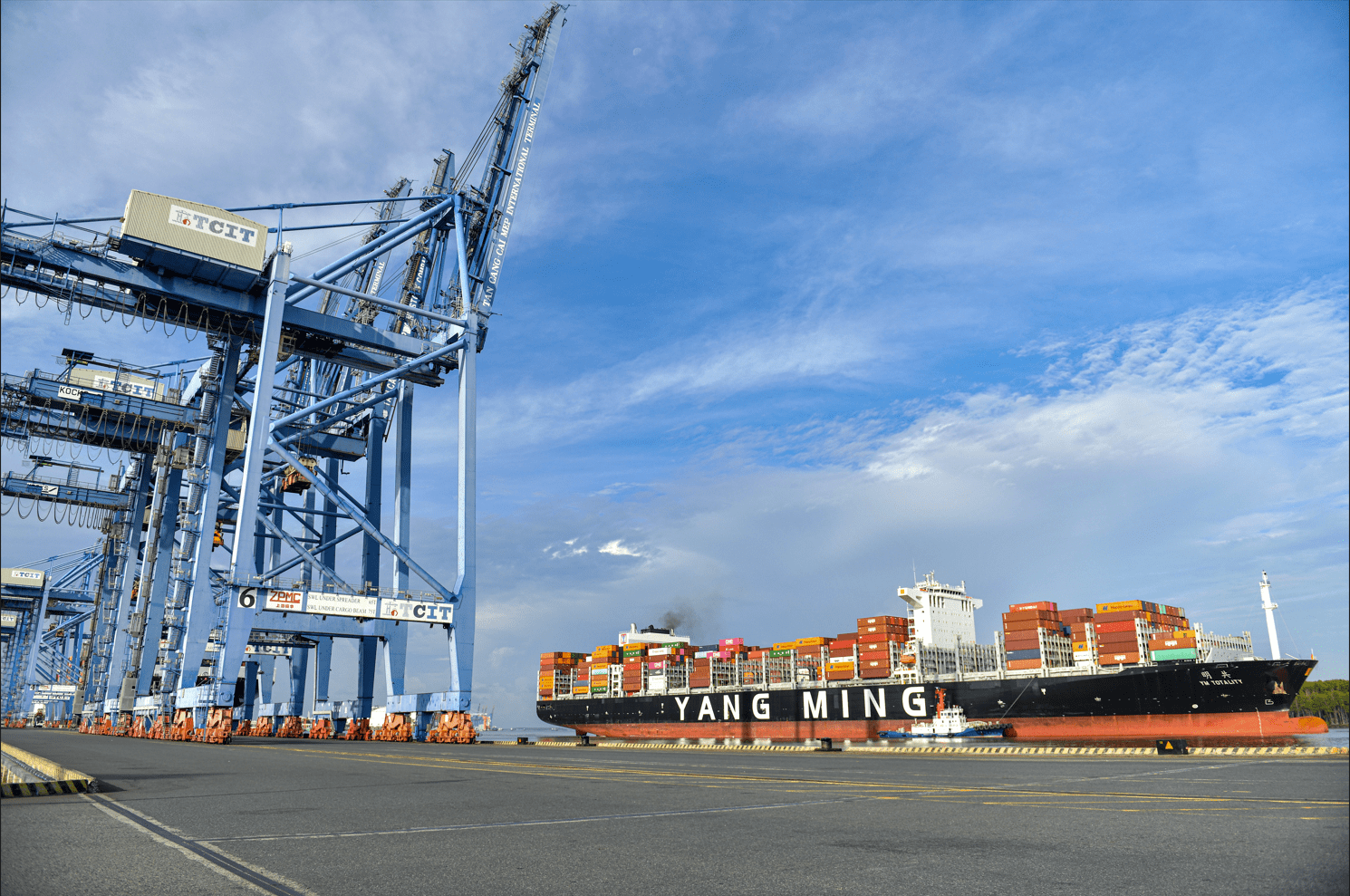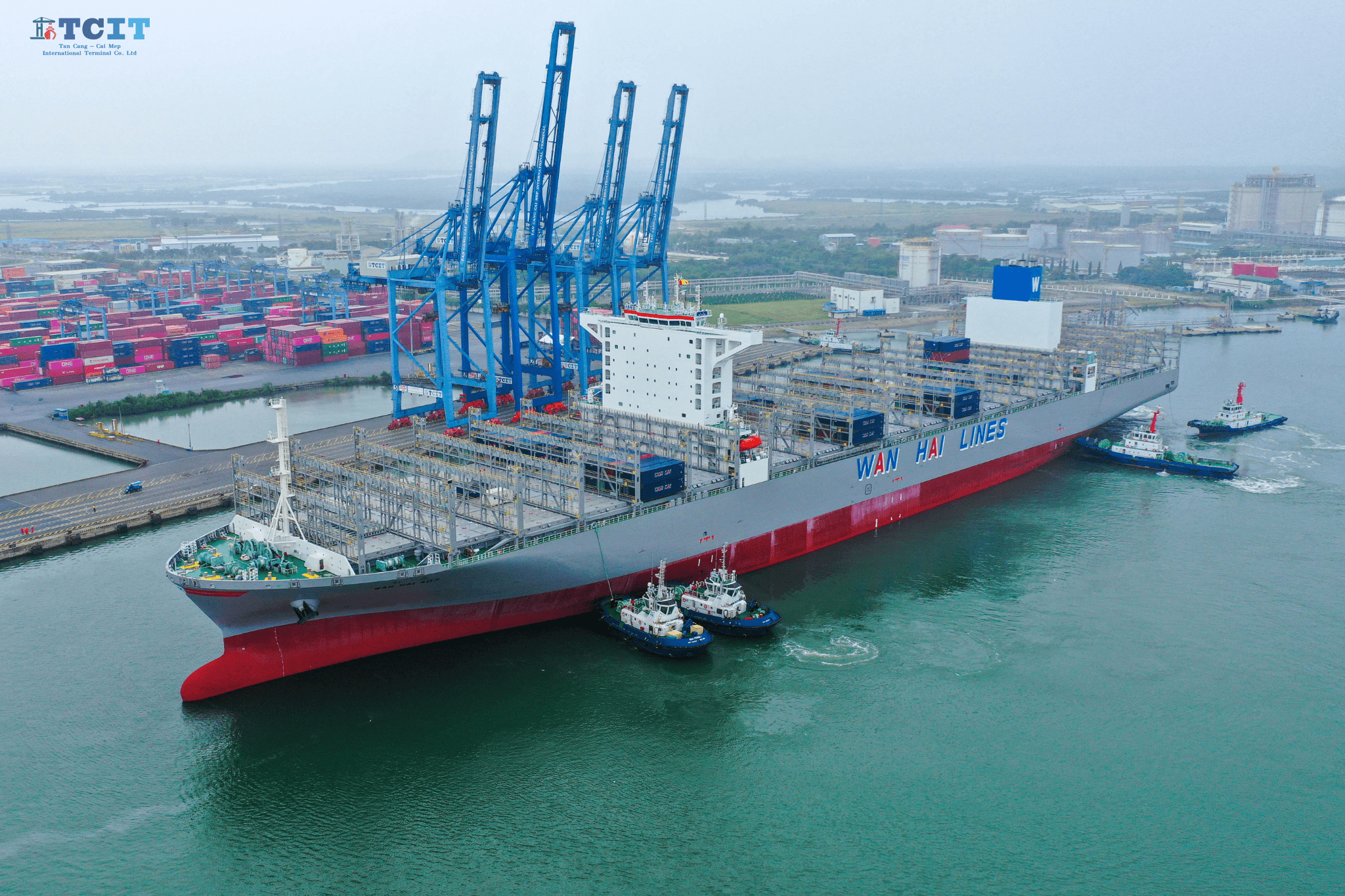K Line, MOL, NYK share data with ONE through common data platform
Kawasaki Kisen Kaisha, Ltd. (K LINE), Mitsui O.S.K Lines, Ltd. (MOL), and Nippon Yusen Kabushiki Kaisha (NYK) have started sharing of operational data acquired from the monitoring system installed in their container ships with their charter, Ocean Network Express Pte. Ltd. (ONE), through the IoS-Open Platform (IoS-OP) promoted by Ship Data Center Ltd. (ShipDC). As K’Line, MOL and NYK have managed the data by different frameworks, ONE had to conduct out data conversion. With the IoS-OP’s automatic conversion function to the standard names in line with ISO19848, data conversion burden is addressed, leading to simpler analysis and management of integrated operational data of ONE’s fleet.Now, ONE aims to use this data to improve the accuracy of performance evaluations of individual vessel and machinery, and to achieve safer and more efficient vessel operations.
"This data sharing will significantly increase the volume of ship operational data distributed through IoS-OP, and further contribute to acceleration of data collection, distribution, and utilization through IoS-OP within the maritime industry."
ONE Wins Lloyd’s List “Excellence in Container Shipping” Asia Pacific Award
Ocean Network Express (ONE) announced that on 17 October 2019, ONE emerged as winner of the prestigious Lloyd’s List “Excellence in Container Shipping” Asia Pacific award. A total of five major container shipping companies were shortlisted as finalists for the award.
“Only 18 months since our original “go-live” start-up, it is both humbling and an honour for ONE to be selected as the winner of the Lloyd’s List “Excellence in Container Shipping” award for Asia-Pacific. As a new company we had our initial start-up challenges back in 2018, but with the great efforts of our staff, customers and business partners we quickly overcame these and stabilised our global operations. We have since moved on to restoring service delivery to the previous high quality and exacting standards of our 3J legacy companies and are now fully focused on moving ONE to the next level of operational excellence,” said Jeremy Nixon, Chief Executive Officer, Ocean Network Express. “Thank you to all our staff and
management for their great efforts, and we can all take great pride and encouragement from this prestigious award’s recognition.”
Lloyd’s List Asia Pacific Awards
This award recognises the containership owner or operator that has best responded to the changing commercial and regulatory landscape through new ocean shipping configurations and port pairings, simplified booking and documentation processes, action to reduce ship pollution and other innovations that have made the supply chain more efficient. Entrants must demonstrate profitability, leadership and excellence in the sector and provide examples of exceptional performance in operational matters such as safety, reliability, efficiency and new business processes.
Decarbonisation to have a major impact on shipping, but preparedness is low
Environmental and climate are seen as the issues having the biggest impact in the maritime industries over the next decade, however, major barriers are seen as remaining for the decarbonisation of shipping, according to the Global Maritime Issues Monitor 2019.
The report launched at the Global Maritime Forum on Wednesday showed that respondents from 46 countries highlighted: ‘decarbonization of shipping’, ‘new environmental regulation’, ‘societal demands for sustainability’, and ‘failure of climate-change mitigation and adoption as the four of the top 10 issues that would impact the industry.
Decarbonisation and getting to zero is one of the key themes of the Global Maritime Forum but the report found that preparedness to reach these goals was seen as low.
“When it comes to decarbonization, the maritime sector must play an even larger role in addressing climate change and the sector is a key stakeholder when it comes to both the causes and solutions related to the issue,” said Peter Stokes, chair of the Global Maritime Forum.
In a deep dive look at ‘getting to zero’ availability of zero carbon vessels and fuels was seen a major barrier to shipping’s decarbonisation. Both were seen as having a relatively high impact and likelihood of happening in the next 10 years, but also had the lowest preparedness rating.
“Commercially viable zero emission vessels powered by zero emission fuels must start entering the global fleet by 2030 and their numbers need to be radically scaled through the 2030s and 2040s if international shipping is to meet the target of reducing greenhouse gas emissions by at least 50% by 2050,” said Johannah Christensen, Managing Director, Head of Projects & Programmes at the Global Maritime Forum.
“This represents an unparalleled challenge, but it can be done through close collaboration and deliberate collective action between the maritime industry, the energy sector, the financial sector, governments and IGOs.”
A key part of the challenge is the inter-related nature of the different elements. Speaking to a media briefing at the Global Maritime Forum on Wednesday morning Kasper Soegaard, head of research for the forum said: “It’s not a great picture, all these issues are related. If we don’t have zero emission fuels we don’t have zero vessels.”
Soegaard said regulation is seen as key driver but the question was, “Will the regulations be put in place that will actually drive this?”
The report was published by the Global Maritime Forum; Marsh JLT Specialty, a division of global insurance broker and risk adviser Marsh; and the International Union of Marine Insurance (IUMI).
More than 100 containerships out of operation for scrubber retrofits: Alphaliner
More than 100 containerships are out of action due to scrubber retrofits and over 500 others are scheduled for retrofitting over the coming 12 months, according to data from Alphaliner.
With IMO 2020 just around the corner, the world’s shipping fleet is gearing up to face the new regulation capping bunker sulphur content at 0.5%, or the continued use of high sulphur fuels will need the installation of a scrubber to bring the sulphur content down to the compliant level.
As at 29 October, the number of containerships that stay at repair yards for scrubber retrofits has reached 86, with at least 14 ships currently waiting for a yard slot to become available.
In addition, more than 500 containerships are scheduled to be retrofitted over the coming 12 months.
Such a long retrofitting queue has led to congestion at various yards as the scrubber installation works have taken longer than anticipated.
“Yard stays for the 79 ships that have completed retrofitting works so far this year averaged 62 days, compared to initial expectations of 40 to 50 days,” Alphaliner noted.
“The 62-day average does however include yard stays of ships that, in addition to having a scrubber installed, also underwent other repairs or conversions to increase the vessels’ container capacities,” the container analyst added. The more extensive work could consist of raising the deckhouse or installing higher lashing bridges.
The shipyard delays have so far forced carriers’ to postpone the scheduled liner service re-phase-in of some converted ships, and they have created queues for ships waiting to enter the yards, Alphaliner observed.
“In some cases, container vessels waited at anchor for two to three weeks until a yard slot became available,” it said, adding that the current yard congestion problems are expected to last for some time, well into next year.
In the tanker shipping segment, the situation is similar with yards described as being “very busy” and even “chaotic”, and retrofit projects have spanned an average of 37 days in the yard, according to a recent update from VLCC owner DHT Holdings.
Platts Analytics is expecting approximately 60 VLCCs to head for scrubber retrofits in the fourth quarter, with each installation job taking roughly one month.
Yang Ming to launch new Southeast Asia service
Yang Ming Marine Transport Corporation is to launch the new ITS service connects Indonesia – Singapore/Malaysia – Thailand.
Three container ships with capacity of 1,180 teu each will be deployed for ITS service. The full port rotation will be Singapore, Port Kelang, Semarang, Surabaya, Port Kelang, and Singapore, Laem Chabang, Bangkok, Laem Chabang and Singapore. The new service is set to be launched on 12 November 2019.
With the new service, Yang Ming says it can penetrate the markets in Indonesia and Thailand further. The ITS service will be able to connect Yang Ming’s global service network via transit hubs Singapore and Port Kelang, the company said.
The company currently offers nine regional services in Southeast Asia. The ITS service will increase options for its customers to directly access Thailand and Indonesia.
As of August 2019, Yang Ming operates a fleet of 101 vessels with an operating capacity 673,000 teu.
(Source: World maritime news; Seatrade maritime; American Shipper)
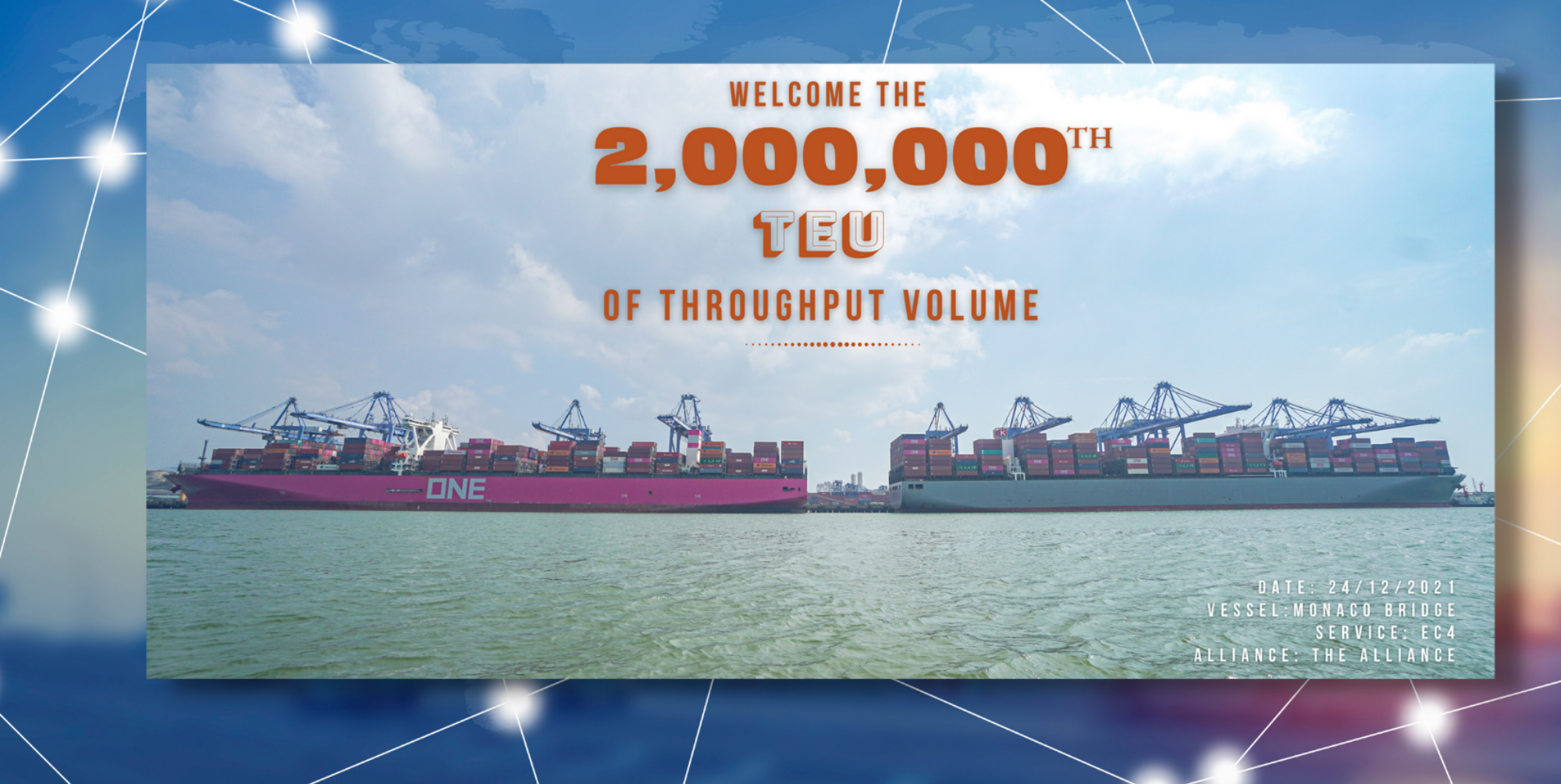
.png)

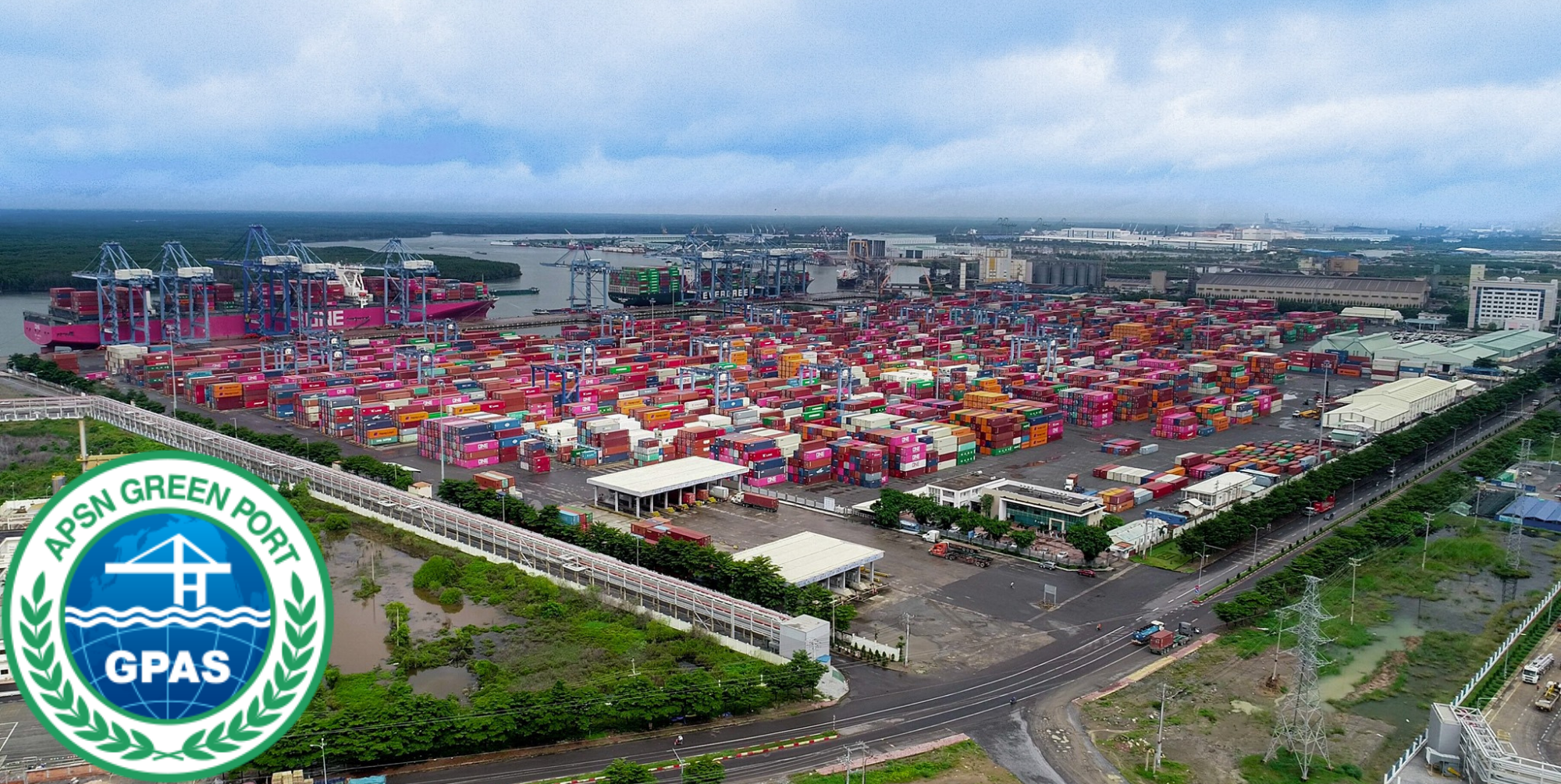

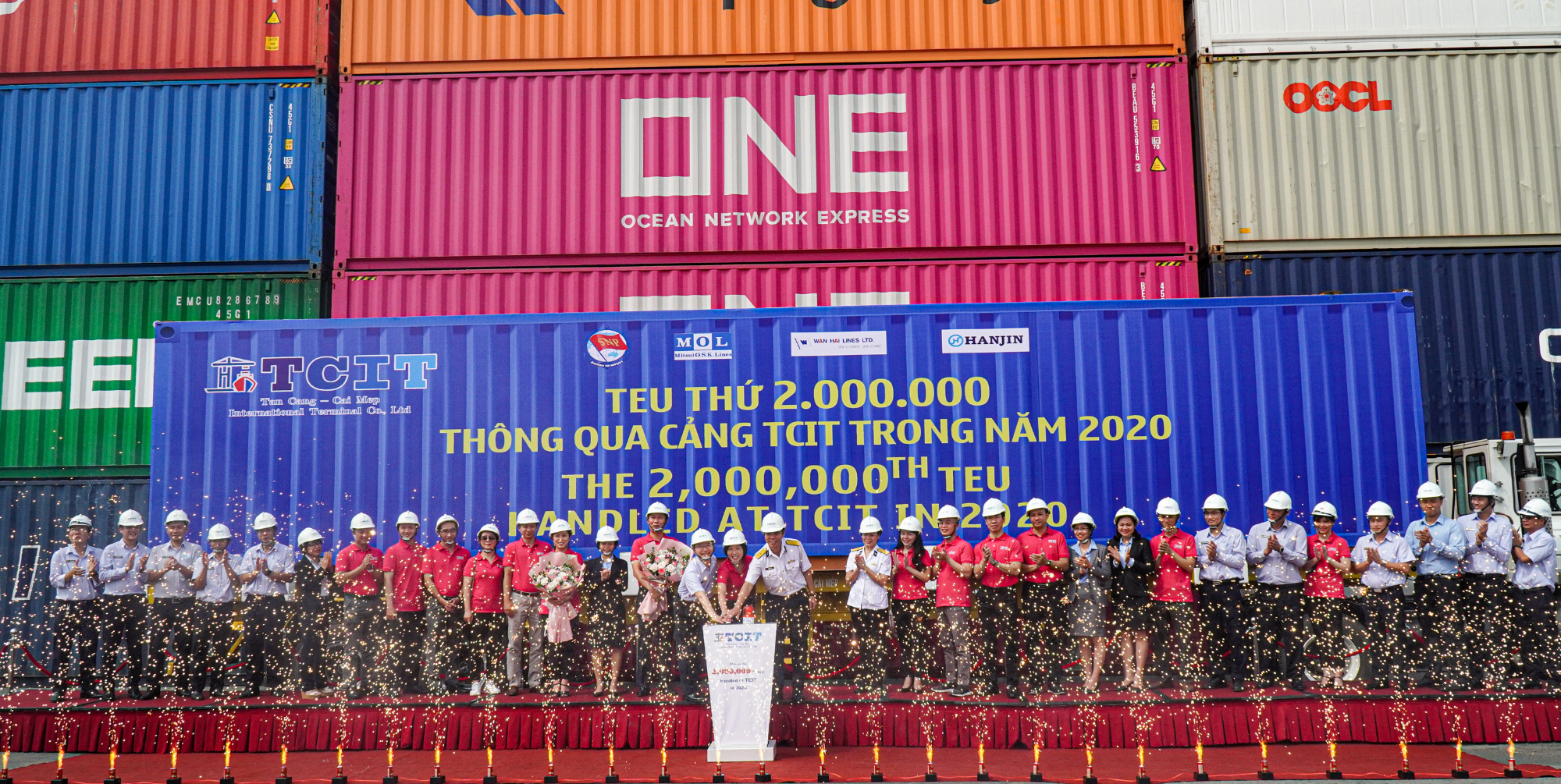
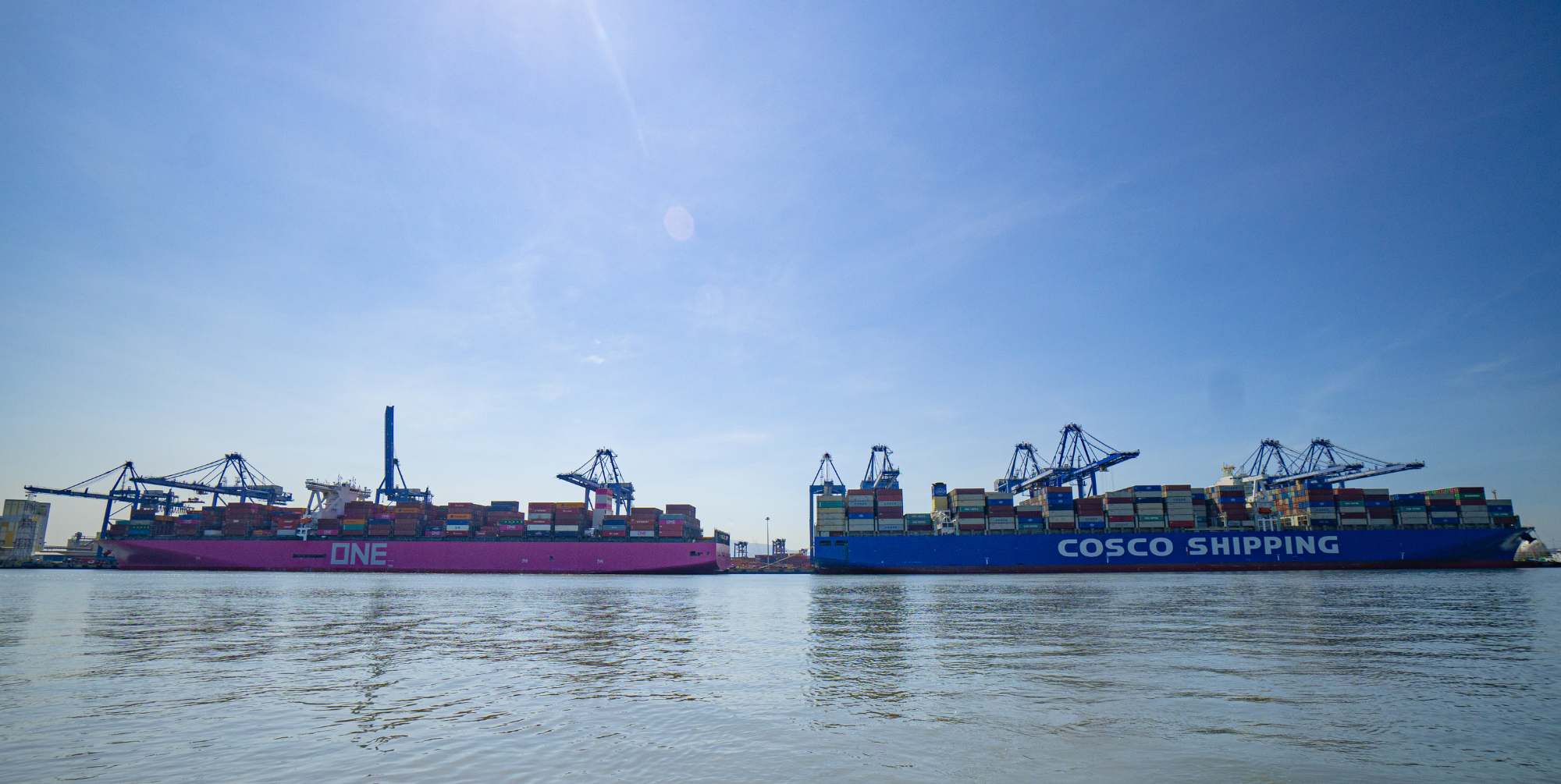
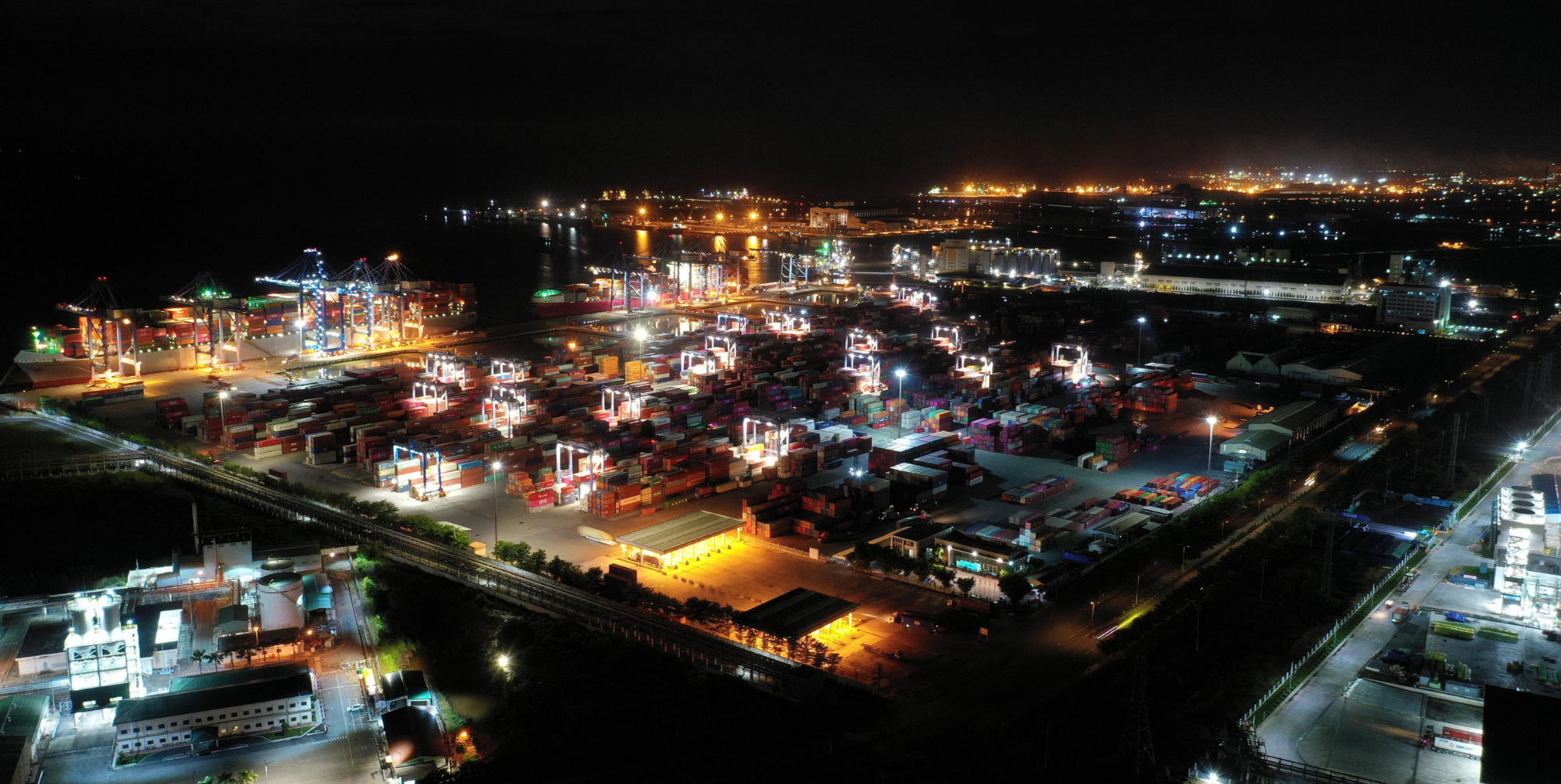
.jpg)
